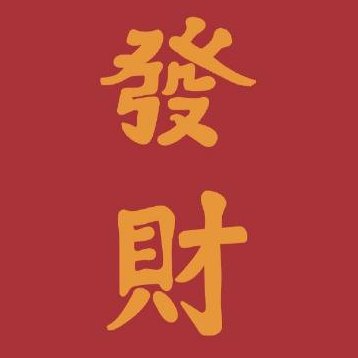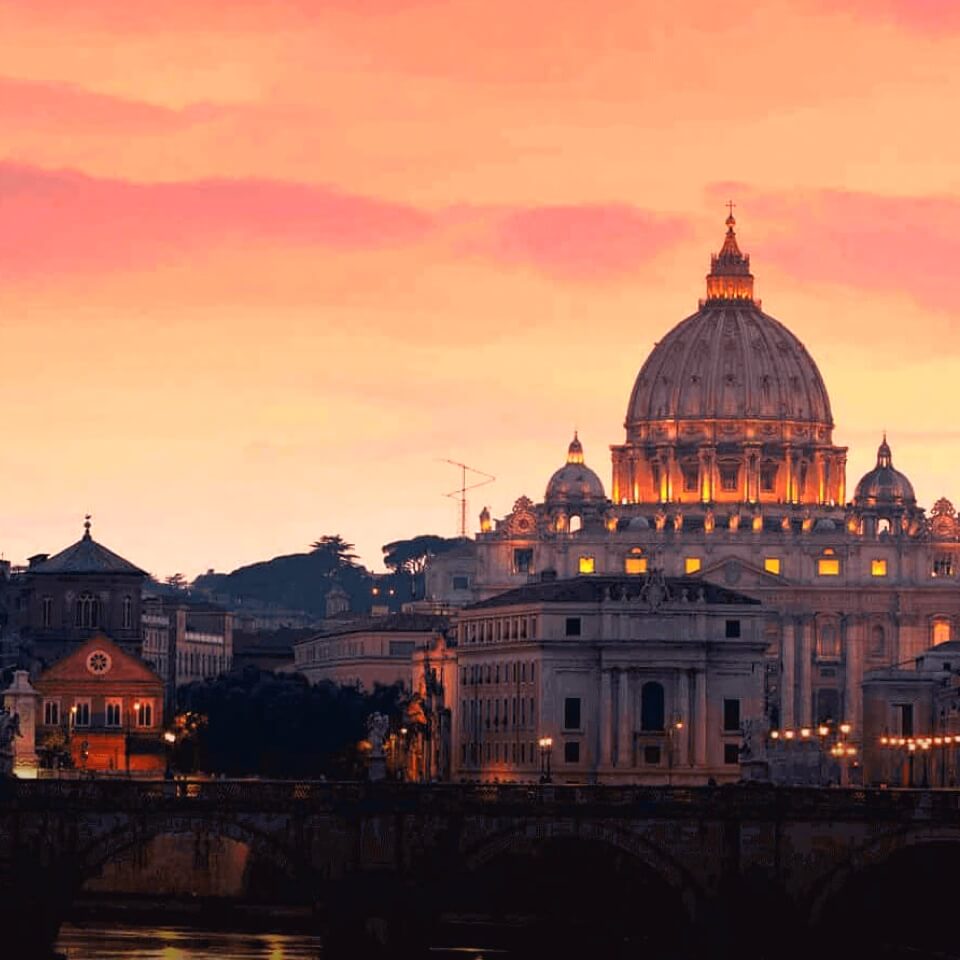
1、春节
春节,即农历新年,是一年之岁首。春节历史悠久,由上古时代岁首祈年祭祀演变而来。春节的起源蕴含着深邃的文化内涵,在传承发展中承载了丰厚的历史文化底蕴。在春节期间,全国各地均有举行各种庆贺新春活动,热闹喜庆的气氛洋溢。
The Spring Festival, the Lunar New Year, is the first year of the year. The Spring Festival has a long history and evolved from the annual prayers of the ancient times.
The origin of the Spring Festival contains profound cultural connotations, and it carries a rich historical and cultural heritage in the inheritance and development.
During the Spring Festival, various celebrations of the New Year are held throughout the country, and the atmosphere of lively and festive atmosphere is overflowing.
2、元宵节
元宵节,是每年农历正月十五日,是中国的传统节日之一。根据道教“三元”的说法,正月十五日又称为“上元节”。元宵节习俗自古以来就以热烈喜庆的观灯习俗为主。
Lantern Festival is the 15th day of the first lunar month and is one of the traditional festivals in China.
According to the Taoist "three yuan", the 15th day of the first month is also known as the "upper yuan festival." Since the ancient times, the custom of the Lantern Festival has been dominated by the warm and festive lighting customs.
3、清明节
清明节,源自上古时代的春祭活动,兼具自然与人文两大内涵,既是自然节气点,也是传统节日。清明节是传统的重大春祭节日,扫墓祭祀、缅怀祖先,是中华民族数千年以来的优良传统。
The Ching Ming Festival, originated from the ancient festival of spring festival activities, has both natural and humanistic connotations, both natural and traditional festivals.
The Ching Ming Festival is a traditional major spring festival festival. It is a fine tradition of the Chinese nation for thousands of years to sweep the tombs and cherish the ancestors.
4、端午节
端午节,是中国民间的传统节日。端午节源自天象崇拜,由上古时代龙图腾祭祀演变而来。端午节的起源涵盖了古老星象文化、人文哲学等方面内容,蕴含着深邃丰厚的文化内涵。
The Dragon Boat Festival is a traditional Chinese folk festival. The Dragon Boat Festival originated from the celestial worship, which evolved from the ancient totem of the ancient totem.
The origin of the Dragon Boat Festival covers the ancient astrological culture, humanistic philosophy and other aspects, and contains profound cultural connotations.
5、七夕节
七夕节,是中国民间的传统节日,为传统意义上的七姐诞,因拜祭活动在七月七日晩上举行,故名“七夕”。经历史发展,七夕被赋予了“牛郎织女”的美丽爱情传说,使其成为了象征爱情的节日,从而被认为是中国最具浪漫色彩的传统节日,在当代更是产生了“中国情人节”的文化含义。
Qixi Festival is a traditional Chinese folk festival. It is the birth of the Seven Sisters in the traditional sense.
The worship event was held on July 7th, hence the name "Qi Xi".
Through the development of history, Tanabata has been given the beautiful love story of "The Cowherd and the Weaver Girl", making it a symbolic love festival, which is considered to be the most romantic traditional festival in China.
In the contemporary era, it has produced "Chinese Valentine's Day". Cultural meaning.
参考资料来源:百度百科-中国传统节日
1、除夕:New Year's Eve
除夕,为岁末的最后一天夜晚。岁末的最后一天称为“岁除”,意为旧岁至此而除,另换新岁。除,即去除之意;夕,指夜晚。“除夕”是岁除之夜的意思,又称大年夜、除夕夜、除夜等,时值年尾的最后一个晚上。
2、春节:the Spring Festival
春节,即农历新年,是一年之岁首,亦为传统意义上的“年节”。俗称新春、新岁、新年、新禧、年禧、大年等,口头上又称度岁、庆岁、过年、过大年。春节历史悠久,由上古时代岁首祈年祭祀演变而来。
3、元宵节:the Lantern Festival
元宵节,又称上元节、小正月、元夕或灯节,为每年农历正月十五日,是中国的传统节日之一。正月是农历的元月,古人称“夜”为“宵”,正月十五日是一年中第一个月圆之夜,所以称正月十五为“元宵节”。
4、春龙节(龙抬头):Dragon-head-raising-Festival
龙抬头(农历二月二),又称春耕节、农事节、青龙节、春龙节等,是中国民间传统节日。“龙”是指二十八宿中的东方苍龙七宿星象,每到仲春卯月之初,“龙角星”就从东方地平线上升起,故称“龙抬头”。
5、寒食节:Cold Food Festival
寒食节:在夏历冬至后105日,清明节前一二日。是日初为节时,禁烟火,只吃冷食。并在后世的发展中逐渐增加了祭扫、踏青、秋千、蹴鞠、牵勾、斗鸡等风俗,寒食节前后绵延两千余年,曾被称为中国民间第一大祭日。
6、清明节:Tomb Sweeping Day
清明节,又称踏青节、行清节、三月节、祭祖节等,节期在仲春与暮春之交。清明节源自上古时代的祖先信仰与春祭礼俗,兼具自然与人文两大内涵,既是自然节气点,也是传统节日。
7、端午节:the Dragon Boat Festival
端午节(农历五月初五),又称端阳节、龙节、重午节、龙舟节、正阳节、浴兰节、天中节等等,是中国民间的传统节日。端午节源自天象崇拜,由上古时代龙图腾祭祀演变而来。
8、七夕节:Magpie Festival
七夕节,又称七巧节、七姐节、女儿节、乞巧节、七娘会、巧夕、牛公牛婆日、双七等,是中国民间的传统节日,为传统意义上的七姐诞。因拜祭“七姐”活动在七月七晩上举行,故名“七夕”。
9、中元节:Hungry Ghost Festival
中元节,即七月半祭祖节,又称施孤、鬼节、斋孤、地官节,节日习俗主要有祭祖、放河灯、祀亡魂、焚纸锭等。中元节由上古时代“七月半”农作丰收秋尝祭祖演变而来。
10、重阳节:Double Ninth Festival
重阳节,为每年的农历九月初九日,是中国民间的传统节日。《易经》中把“九”定为阳数,“九九”两阳数相重,故曰“重阳”;因日与月皆逢九,故又称为“重九”。
11、中秋节:Mid-autumn Festival
中秋节,又称月夕、秋节、仲秋节、八月节、八月会、追月节、玩月节、拜月节、女儿节或团圆节,是流行于中国众多民族与汉字文化圈诸国的传统文化节日,时在农历八月十五;因其恰值三秋之半,故名,也有些地方将中秋节定在八月十六。
1.New Year's Day 元旦(1月1日)
2.Spring Festival;Chinese New Year's Day 春节(农历一月一日)
3.Lantern Festival 元宵节(农历一月十五日)
4.International Working Women's Day 国际劳动妇女节(3月8日)
5.Arbor Day 植树节(3月12日)
6.Postal Day 邮政节(3月20日)
7.World Meteorology Day 世界气象节(3月23日)
8.Ching Ming Festival ;Tomb-sweeping Festival 清明节(4月5日)
9.International Labour Day 国际劳动节(5月1日)
10.Chinese Youth Day 中国青年节(5月4日)
11.Nurses' Festival 护士节(5月12日)
12.Dragon Boat Festival 端午节(农历五月初五)
13.International Children's Day 国际儿童节(6月1日)
14.The Party's Brithday 中国共产党成立纪念日(7月1日)
15.The Army's Day 建军节(8月1日)
16.Mid-Autumn (Moon)Festival 中秋节(农历八月十五)
17.Teacher's Day 教师节(9月10日)
18.Double-ninth Day 重阳节(农历九月九日)
19.National Day 国庆节(10月1日)
20.New Year's Eve 除夕(农历十二月三十日)
中国常见传统活动中英对照
过年 celebrate the spring festival
春联 spring festival couplets
剪纸 paper-cuts
年画 new year paintings
买年货 do shopping for the spring festival ; do spring festival shopping
敬酒 propose a toast
灯笼 lantern
烟花 fireworks
爆竹 firecrackers (people scare off evil spirits and ghosts with the loud pop.)
红包 red packets (cash wrapped up in red paper, symbolize fortune and wealth in the coming year.)
舞狮 lion dance (the lion is believed to be able to dispel evil and bring good luck.)
舞龙 dragon dance (to expect good weather and good harvests)
戏曲 traditional opera
杂耍 variety show
灯谜 riddles written on lanterns
灯会 exhibit of lanterns
守岁 staying-up
拜年 pay new year's call; give new year's greetings; pay new year's visit
禁忌 taboo
去晦气 get rid of the ill- fortune
祭祖宗 offer sacrifices to one's ancestors
压岁钱 gift money; money given to children as a lunar new year gift culture note: in the old days, new year's money was given in the form of one hundred copper coins strung together on a red string and symbolized the hope that one would live to be a hundred years old. today, money is placed inside red envelopes in denominations considered auspicious and given to represent luck and wealth
辞旧岁 bid farewell to the old year
扫房 spring cleaning; general house-cleaning
年糕 nian-gao; rise cake; new year cake
团圆饭 family reunion dinner
年夜饭 the dinner on new year's eve
饺子 jiao-zi; chinese meat ravioli
短语:
中国传统节日文化 Chinese Traditional Festivals Culture
中国传统节日民俗 Folk Customs at Traditional Chinese Festivities
在中国传统节日 a traditional festival in china
中国传统节日春节 China's traditional holiday
节气和中国传统节日 Chapter Twelve
这是一个中国传统节日 It's a traditional Chinese holiday
中国的传统节日 China's traditional festival ; Traditional Chinese Festivals
是中国传统的节日 Is a traditional Chinese festival ; Is China's traditional festival
是中国的传统节日 Is China's traditional festival
例句:
1、今天又适逢中国传统节日中秋节。
It is so happened that today is also a traditional festival in China, that is Mid-Autumn Day.
2、他们担心人们,尤其是年轻人,对于中国传统节日的热情会逐渐降温。
They fear that passion toward traditional Chinese holidays, particularly among young people,will slowly fade out.
3、政府准备将三个中国传统节日定为公共假日,从而形成三个连休三天的长周末。
The government is proposing that three traditional Chinese festivals become public holidays -- and subsequently long weekends.
农历正月十五元宵节(灯节) Lantern Festival
农历二月初二青龙节/中和节 Zhonghe Festival (Zhong He Jie)
农历三月初三上巳节/女儿节 Shangsi Festival (Shang Si Jie)
农历四月五日前后清明节 Qing Ming Jie (Tomb Sweeping Day, Mourning Day, Ching Ming Festival)
农历五月初五端午节 Dragon Boat Festival (Dragon Festival, Tuen Ng Festival)
农历六月初六洗晒节 Bathing and Basking Festival (Xi Shai Jie)
农历七月初七乞巧节(七夕) Double-Seventh Day / The Night of Sevens (Magpie Festival, Qi Xi)
农历七月十五中元节 Spirit Festival (Ghost Festival)
农历八月十五中秋节 Mid-Autumn Festival (Moon Festival)
农历九月初九重阳节 Double Ninth Festival (Dual-Yang Festival, Chung Yeung Festival)
农历十月十五下元节 Spirit Festival/ Water Lantern Festival
农历十一月初七冬至 Winter Solstice Festival (Mid-Winter Festival)
农历腊月初八腊八节 Laba Festival (Congee Festival)
农历的最后一天除夕 Chinese New Year Eve






